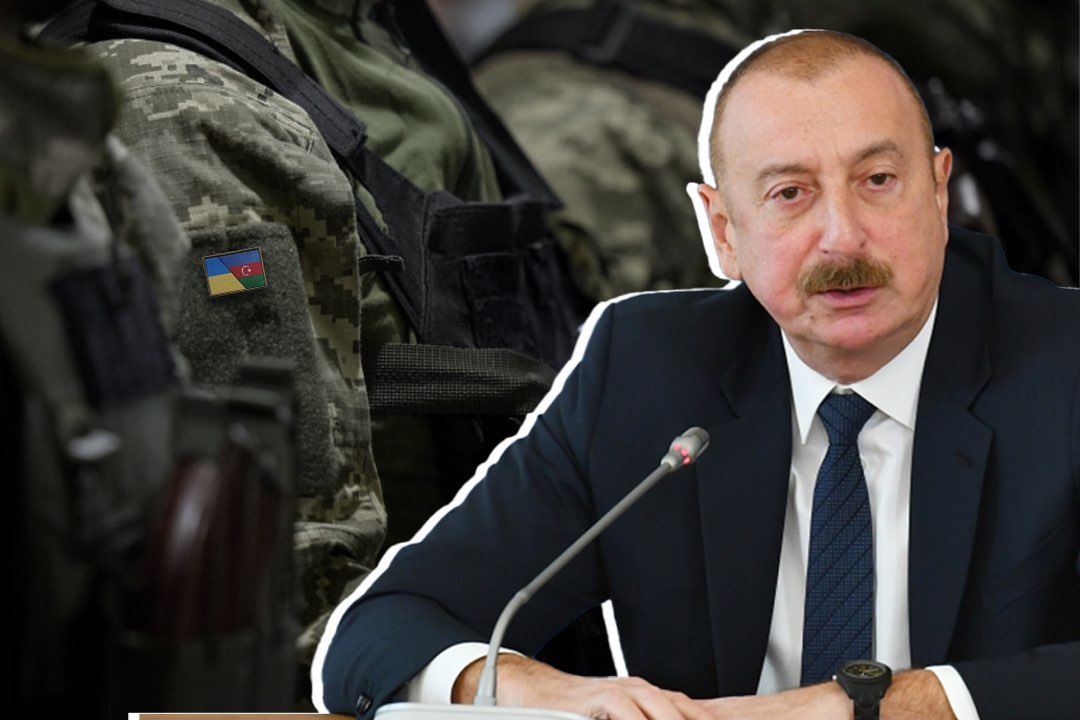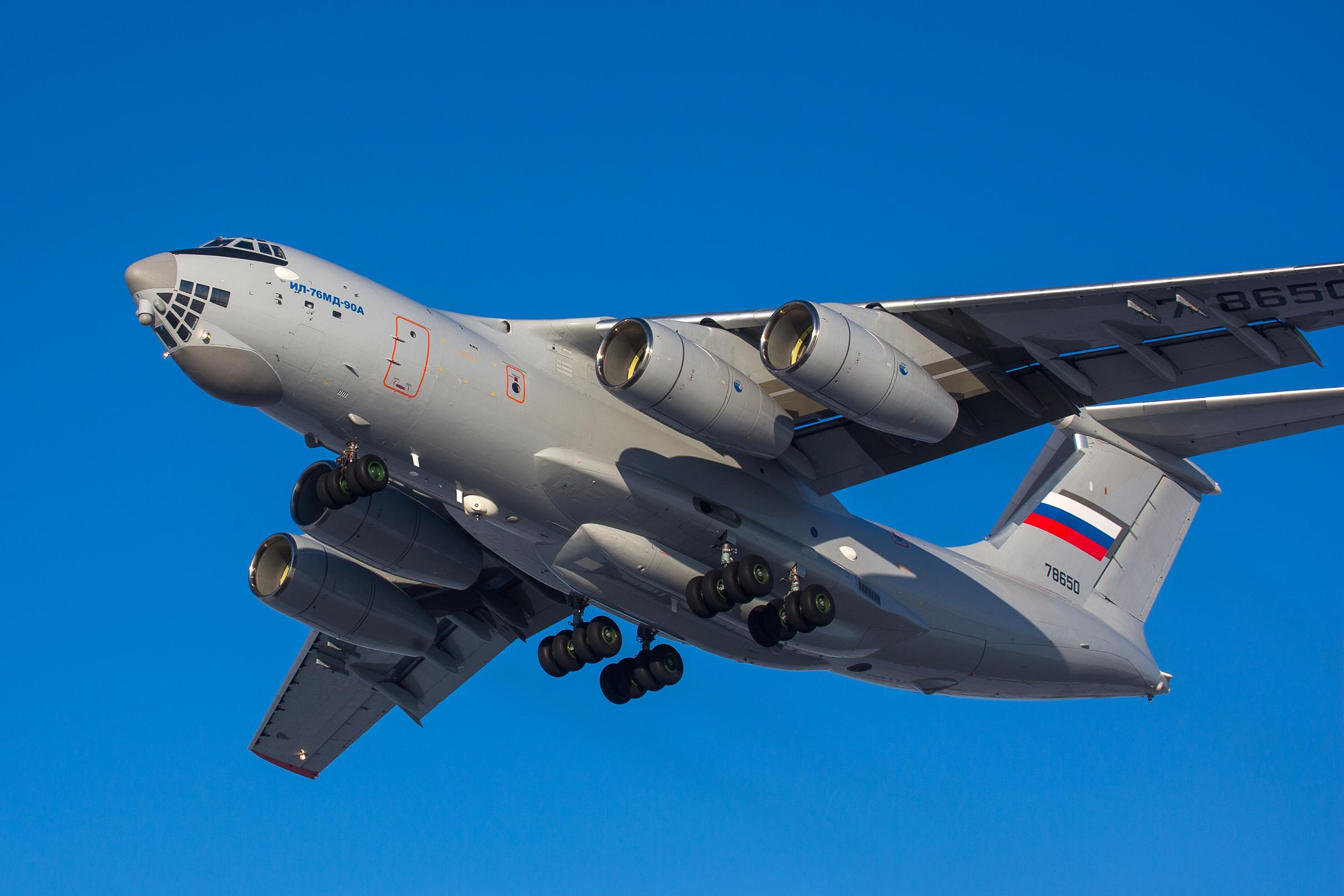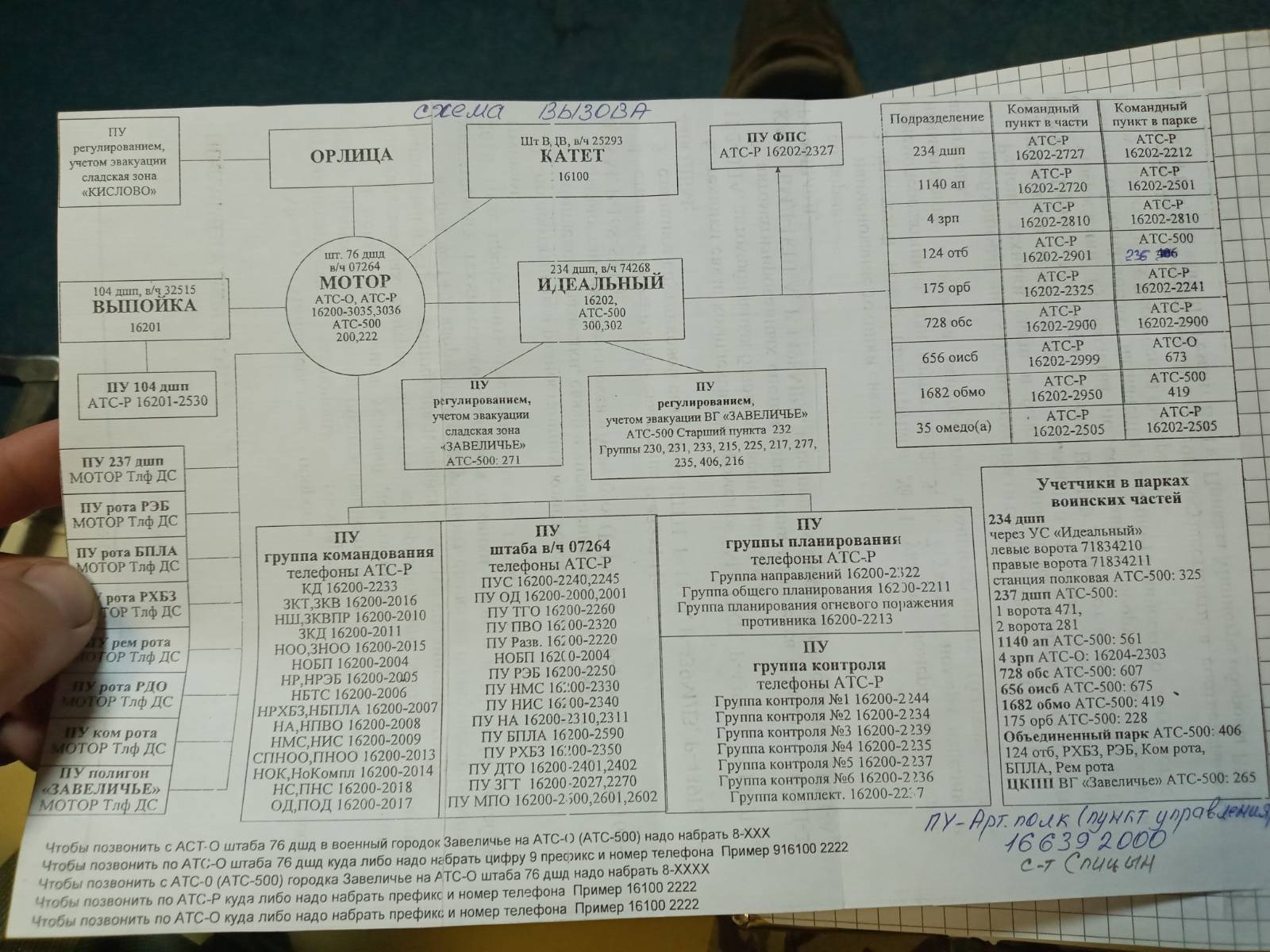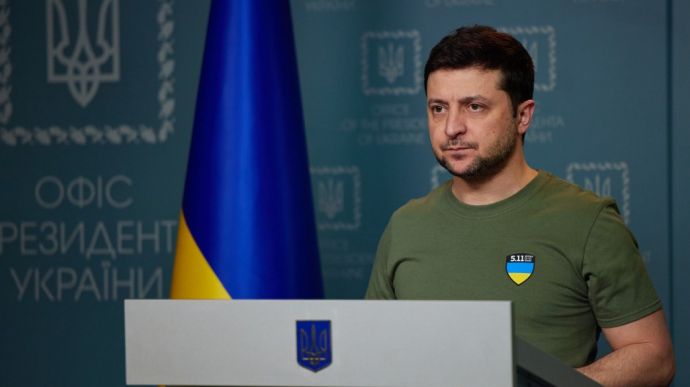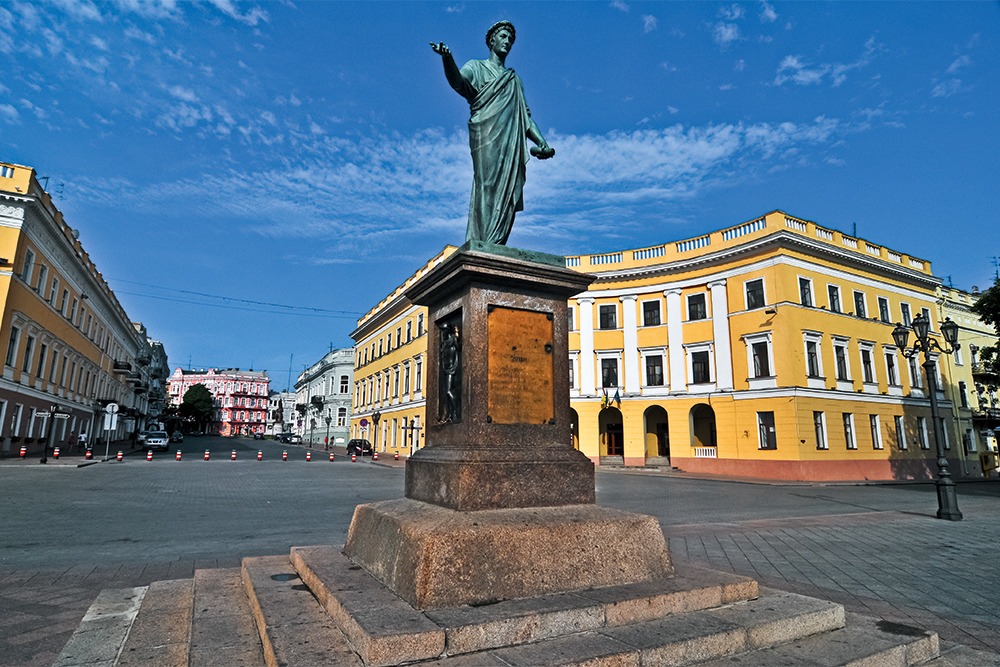Azerbaijan President Ilham Aliyev declares support for Ukraine’s sovereignty, promising not to arrest citizens fighting for Kyiv while targeting pro-Russian combatants. A new phase in Baku–Moscow tensions.
In a significant departure from his traditionally cautious rhetoric, Azerbaijani President Ilham Aliyev declared on July 8 that Azerbaijan will not prosecute citizens fighting on the side of Ukraine, while those aiding Russia’s invasion will face criminal consequences. This public stance marks a clear pivot in Azerbaijan’s balancing act—and sends a strong signal to Moscow and Kyiv alike.
“Azerbaijan will not arrest citizens of Azerbaijan who fought or are fighting on the side of the Ukrainian Armed Forces,” said Aliyev. “But it will arrest those who fought or are fighting on the side of Russia, thereby supporting the occupation of the territories of the sovereign Ukrainian state.”
This is not merely a legal statement—it’s a geopolitical line in the sand. It openly affirms Ukraine’s sovereignty, recognizes Russian aggression, and aligns Azerbaijani policy with the Western stance toward Russia’s war of aggression against Ukraine.
From Cautious Neutrality to Strategic Clarity
Until now, Azerbaijan’s posture in the war between Russia and Ukraine has been framed by deliberate neutrality. As recently as June, Hikmet Hajiyev, Aliyev’s foreign policy adviser, stated that Azerbaijan “is not supplying weapons to either side” and “maintains strong historical and human ties with both Russia and Ukraine.”
In an interview with Slovakia’s Hospodárske noviny, Hajiyev emphasized the humanitarian dimension of Baku’s engagement:
“We only provide humanitarian aid to Ukraine, primarily to children… and supply necessary equipment, such as electric generators.”
This line of reasoning reflects Azerbaijan’s traditional diplomatic pragmatism—striving to maintain economic and logistical ties with Russia while morally supporting Ukraine and its territorial integrity.
But Aliyev’s latest statement crosses a new threshold. By affirming Ukraine’s sovereignty and promising punishment for those fighting for Russia, Baku has:
- Politically reinforced Ukraine’s legal position under international law
- Publicly delegitimized Russia’s war effort in the eyes of Azerbaijani citizens
- Taken a firm normative stance—aligning military justice with the principle of territorial integrity, long central to Azerbaijani foreign policy
The Principle of Territorial Integrity: Azerbaijan’s Core Doctrine
Baku’s position is not surprising when seen through the lens of its own experience with territorial occupation. Azerbaijan fought two wars over Nagorno-Karabakh, having decades of Armenian control backed tacitly—or at times openly—by Russia. Its recent military success in regaining the region is deeply embedded in national identity and diplomatic doctrine.
“The cornerstone of our policy is the principle of territorial integrity,” Hajiyev stated. “Our country has suffered greatly from violations of this principle… Therefore, we strongly support the protection of the territorial integrity of other states.”
By invoking this principle, Baku draws a legal and moral equivalence between Karabakh and Ukraine’s occupied territories—a move that fundamentally undermines the Kremlin’s justifications for its war and its role as a regional power broker.
A Geopolitical Realignment in Progress
Aliyev’s comments come amid rapid deterioration in Russian–Azerbaijani relations. Following the killing of Azerbaijani civilians in Yekaterinburg, a surge in anti-Azerbaijani rhetoric from Russian media, and Baku’s arrest of pro-Kremlin media agents and alleged FSB collaborators, relations have grown hostile.
In this context, Aliyev’s alignment with Ukraine carries multiple strategic messages:
- To Moscow: Azerbaijan is not intimidated, and it will enforce its own moral red lines.
- To Ankara and the Turkic world: Azerbaijan leads by principle, not submission.
- To the West: Baku is a rational, values-based partner, particularly in contrast to Russian repression.
Following a recent conversation between Ukrainian President Volodymyr Zelensky and Azerbaijani President Aliyev, Kyiv openly thanked Baku for its stance. Zelensky reportedly expressed support for Azerbaijan in its tensions with Russia, calling out “threats and provocations” from the Kremlin against Baku.
Russia’s Shrinking Sphere
Moscow’s ability to retain influence over the South Caucasus is collapsing. With Armenia disillusioned and Azerbaijan asserting regional autonomy backed by Turkey and growing ties to Europe, Russia is increasingly isolated in its former backyard.
Aliyev’s latest declaration isn’t just a rebuke of Russian policy—it’s a statement of geostrategic confidence.
As regional analysts noted, “This is the moment Baku stopped pretending neutrality. Without supplying weapons, Azerbaijan is signaling whose side it considers legitimate—and that matters more than arms shipments.”
Conclusion: From Balancing Act to Assertive Alignment
Aliyev’s decision to differentiate Ukrainian and Russian combatants is more than symbolic. It represents Azerbaijan’s quiet but decisive movement away from Kremlin influence, informed by history, moral clarity, and strategic foresight.
Baku is still not a military ally of Ukraine, and it remains economically intertwined with Russia. But in today’s war of narratives and principles, public moral positioning is power.
By aligning justice with sovereignty and values with law, Azerbaijan is charting its path—and that path no longer runs through Moscow.
